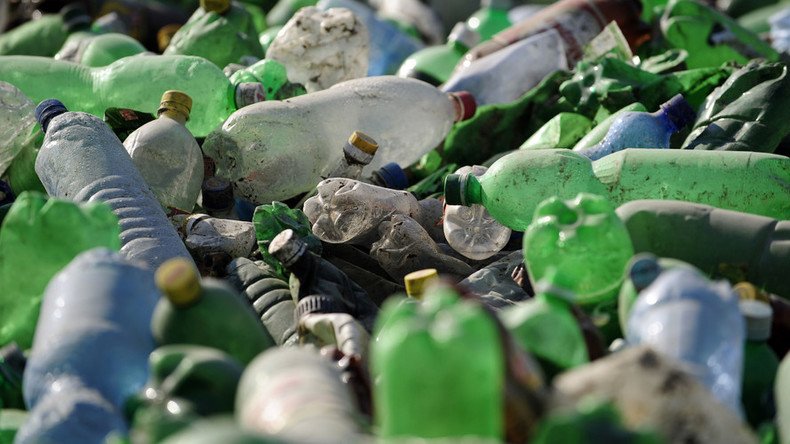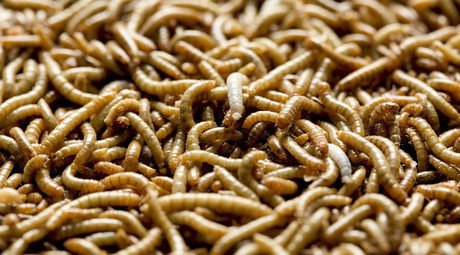Plastic-eating bacteria: A key solution to the world’s pollution problem… if upgraded

Japanese scientists have discovered what may become a solution to at least part of the global pollution crisis in the form of a microorganism that feeds on plastic. However, there’s a catch – it will need to be genetically modified first.
Polyethylene terephthalate (PET) is the world’s most frequently used polymer, and is used to manufacture packaging and clothing. It’s also the most durable, which makes PET an important ecological issue. Over 310 million tons of plastic is produced yearly, but only 14 percent of plastic waste is collected and recycled, scientists say.
Until recently there has been little evidence of organisms able to decompose and consume plastic: fungi species discovered in 2012 and mealworms have both proved able to do so. Now Japanese scientists have discovered a bacteria “that is able to use PET as its major energy and carbon source,” their article in Science magazine reads.
The newly discovered Ideonella sakaiensis 201-F6 dissolves plastic by using two enzymes in order to convert PET to environmentally friendly terephthalic acid and ethylene glycol, researchers say. One of the researchers, microbiologist Kohei Oda, emphasized the importance of the summary.
“I was very surprised to find microorganisms that degrade PET, because so far, it has been said that PET is a non-biodegradable plastic,” he was quoted by PBS as saying.
It is not yet clear whether Ideonella sakaiensis can be used to solve the world’s pollution problem. Though the bacteria itself seems useful, it is not that hungry. Professor Uwe Bornscheuer from the Greifswald Institute of Biochemistry in Germany commented on the discovery, saying the decomposition was really slow and took six weeks.
"When we understand the underlying principals, then we can [potentially] improve the strain to make it better and faster," he said, as quoted by media outlet Co.exist.














